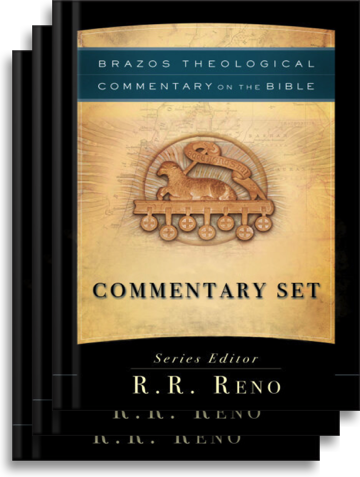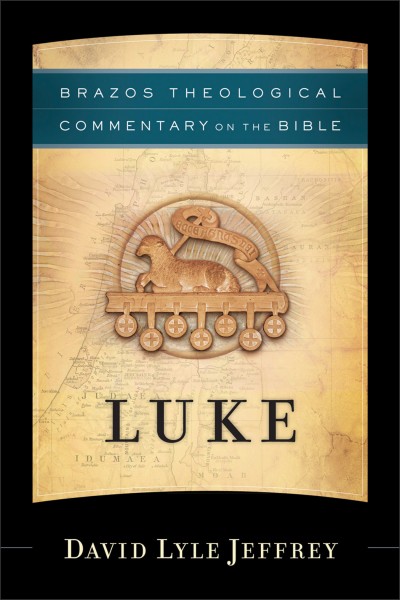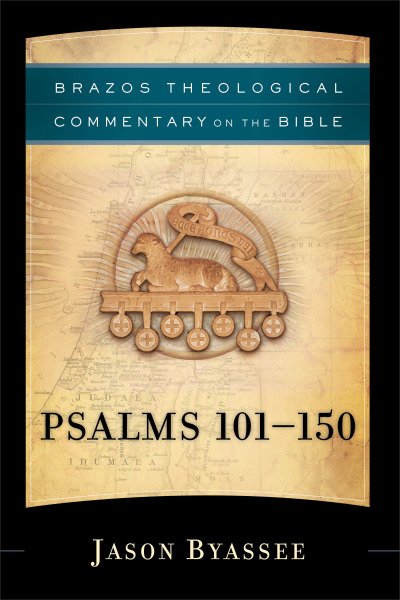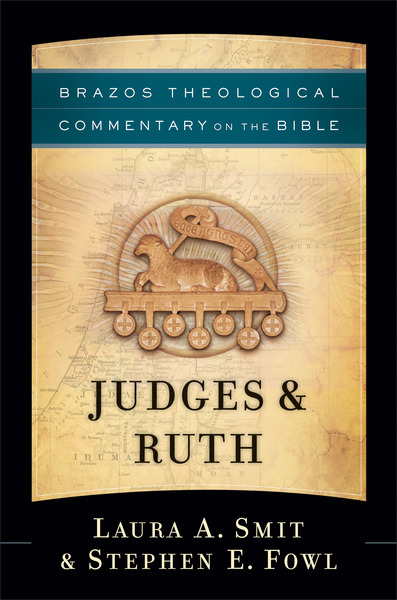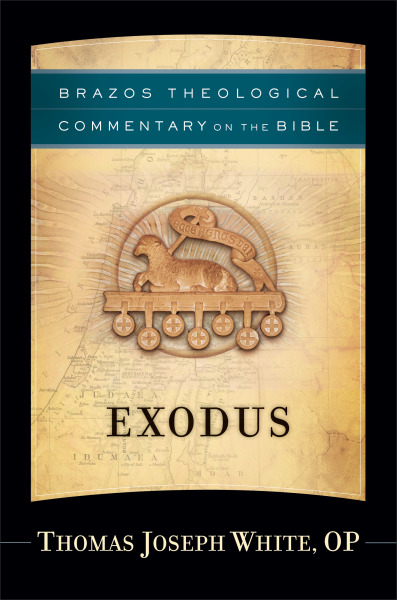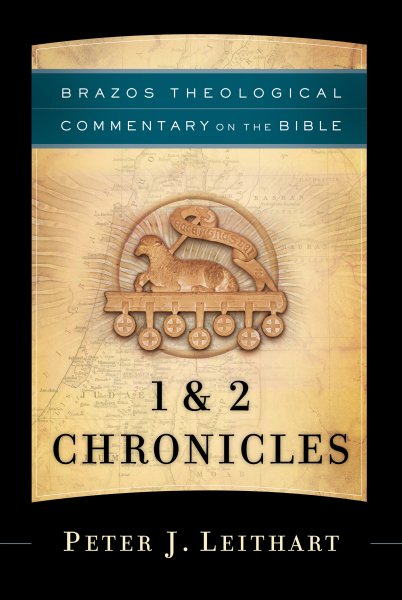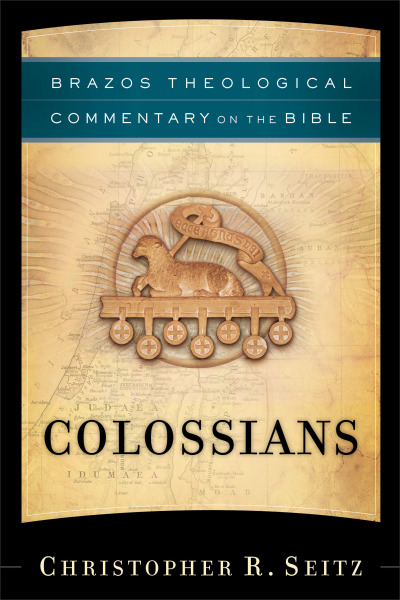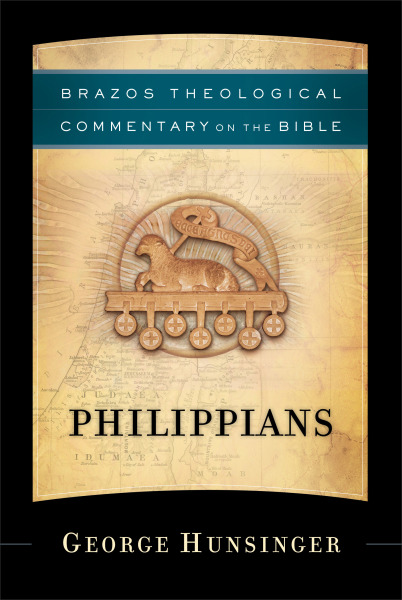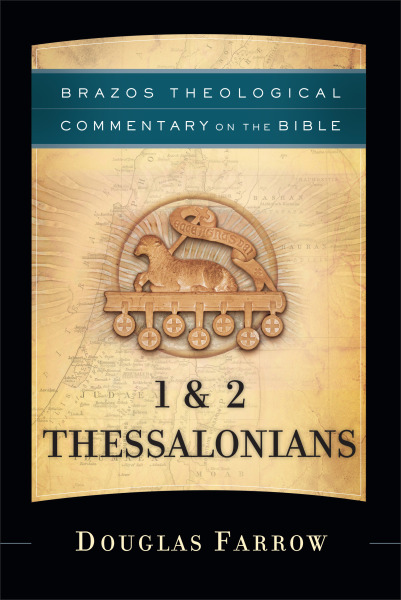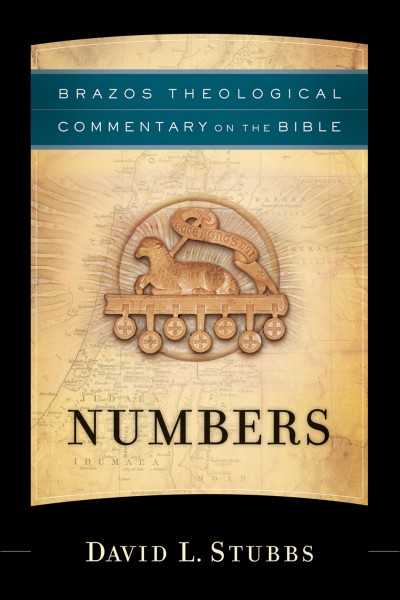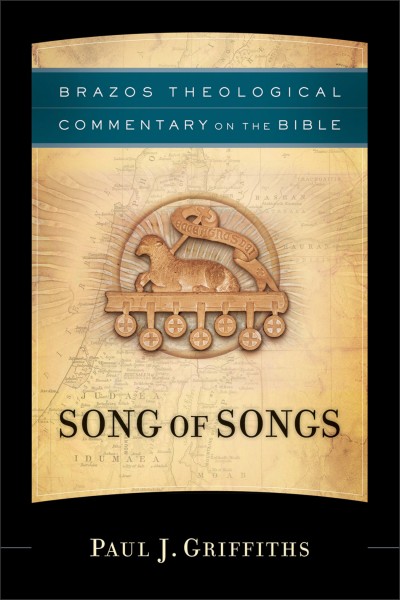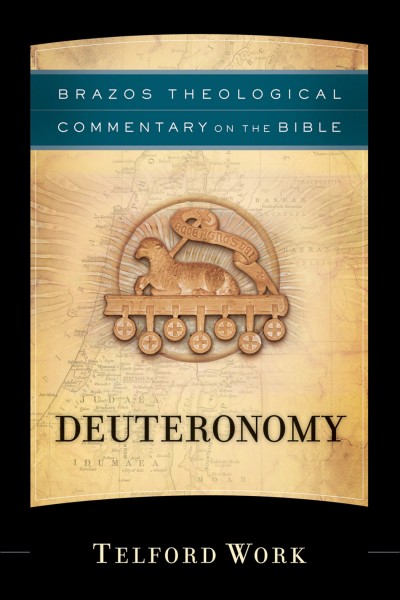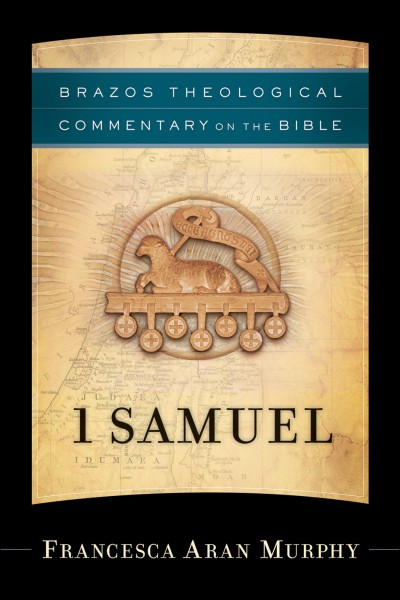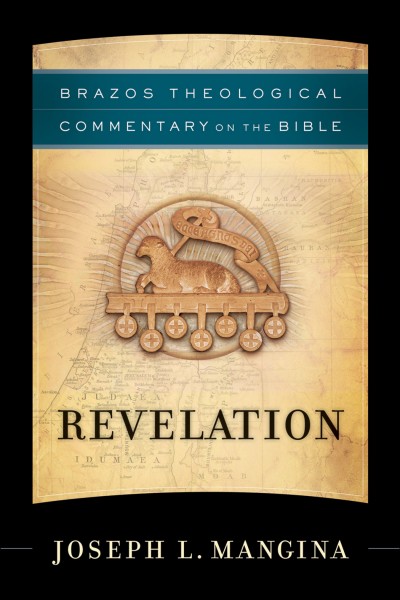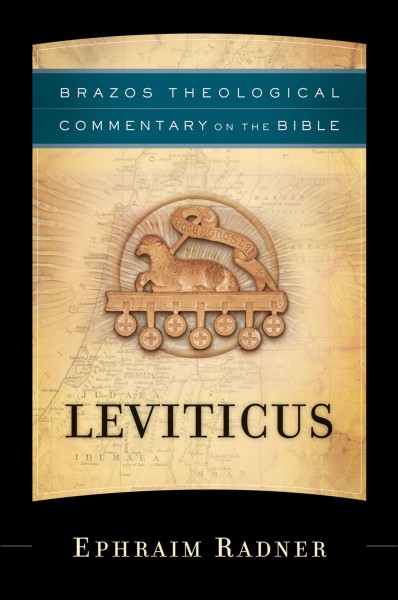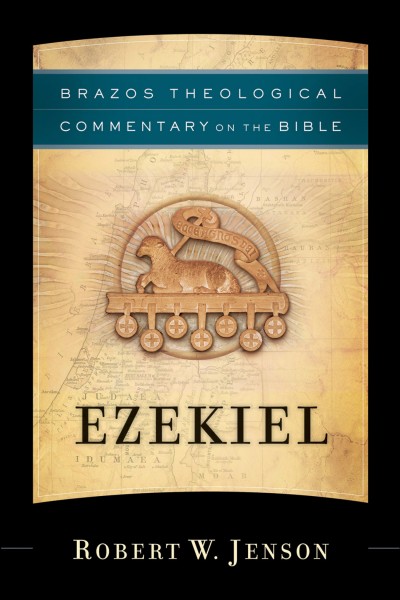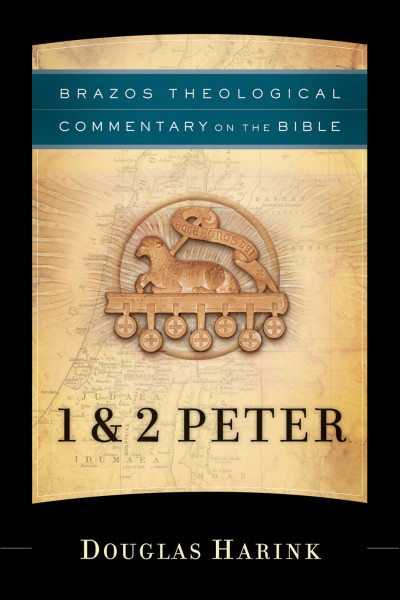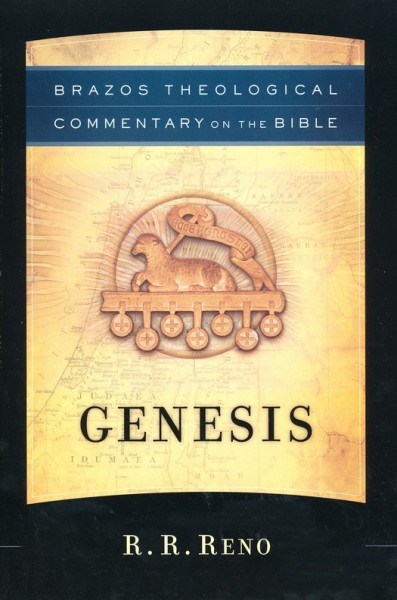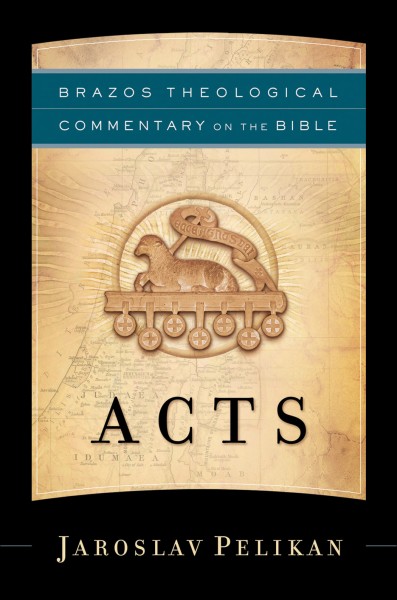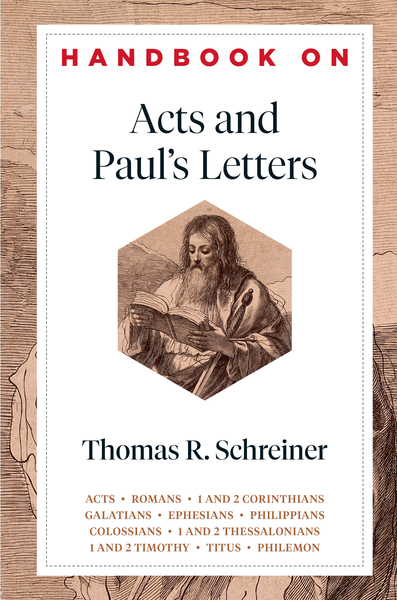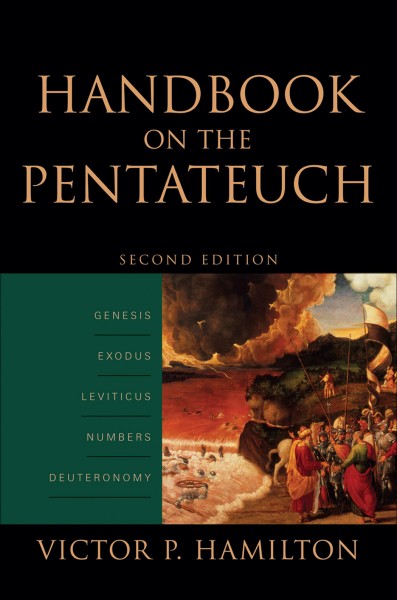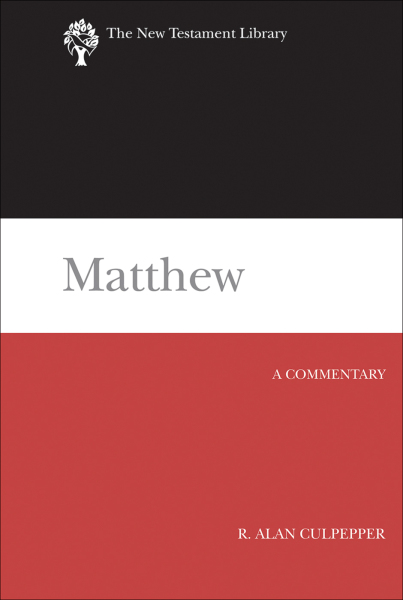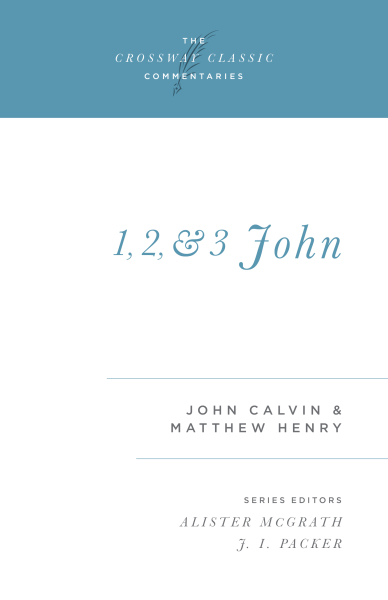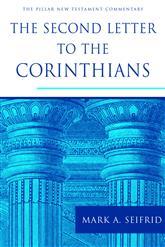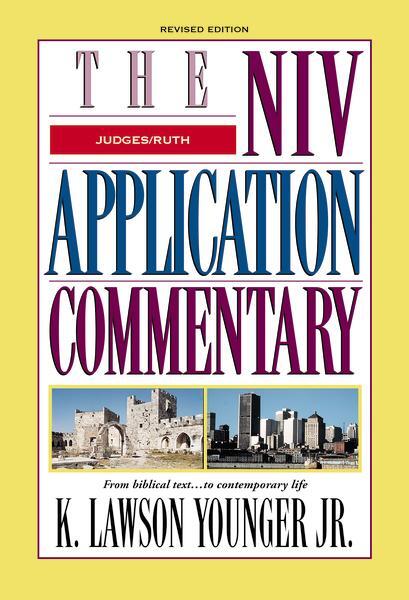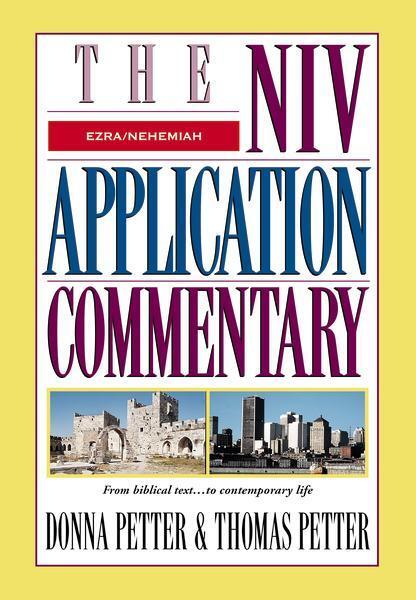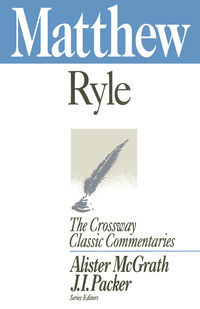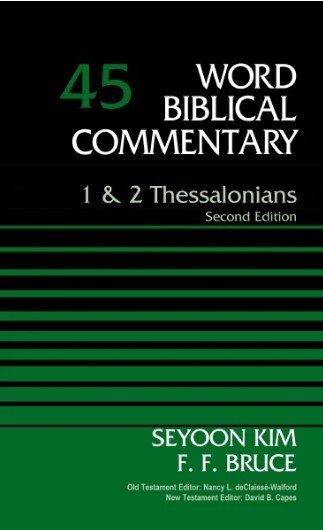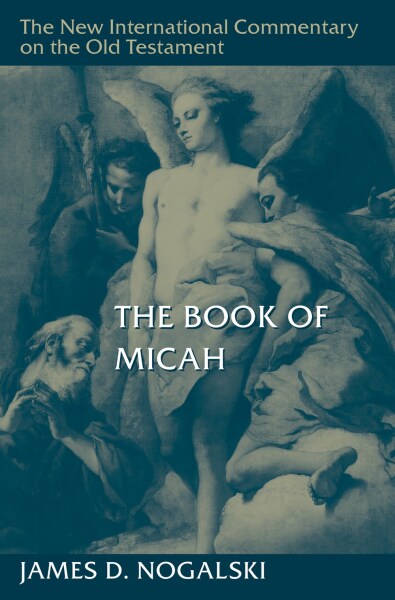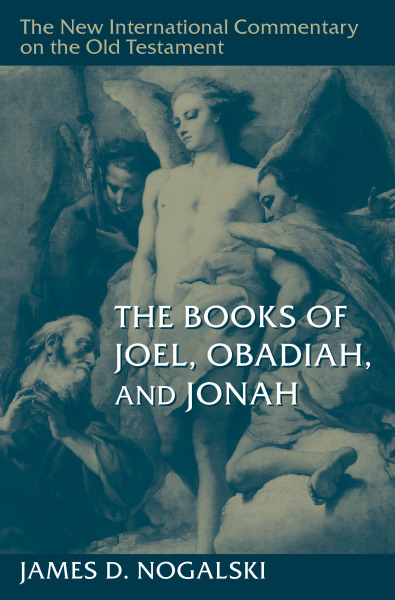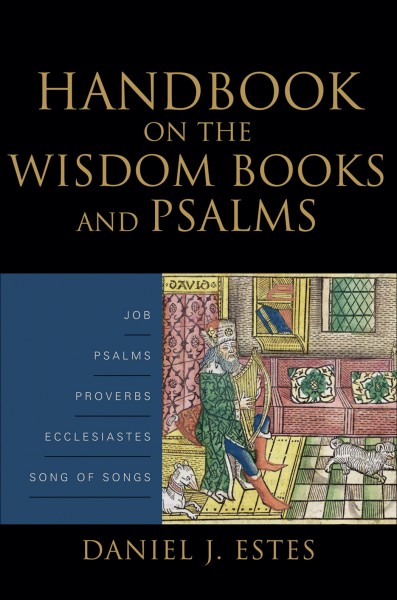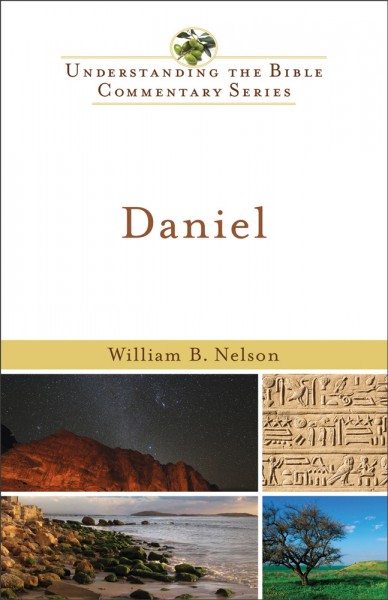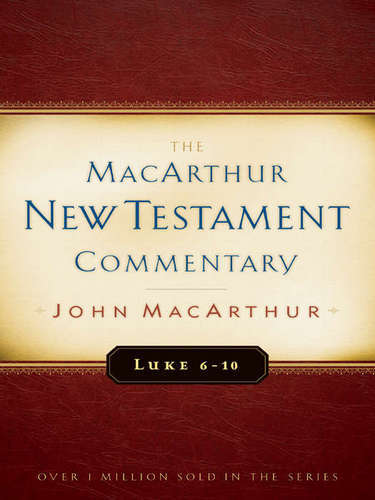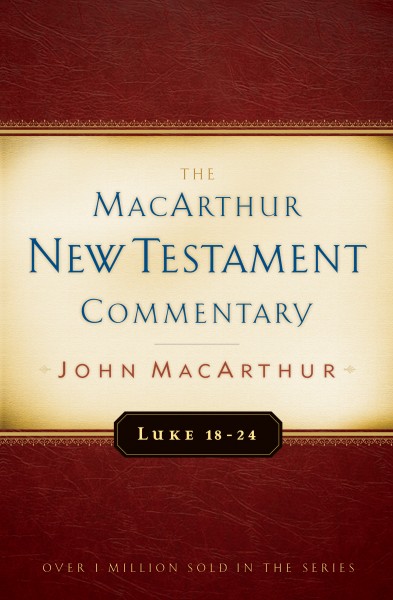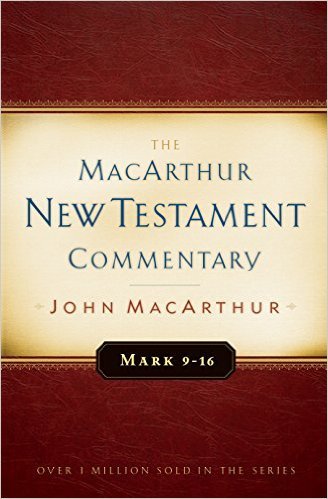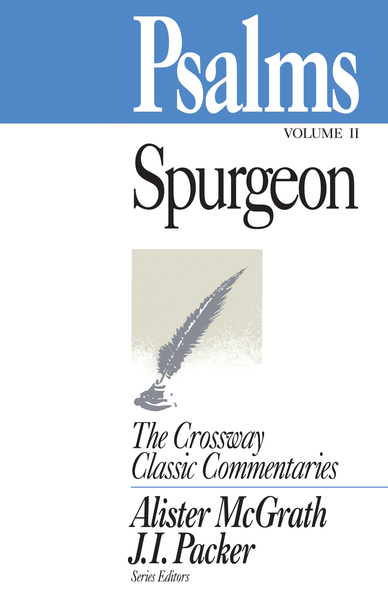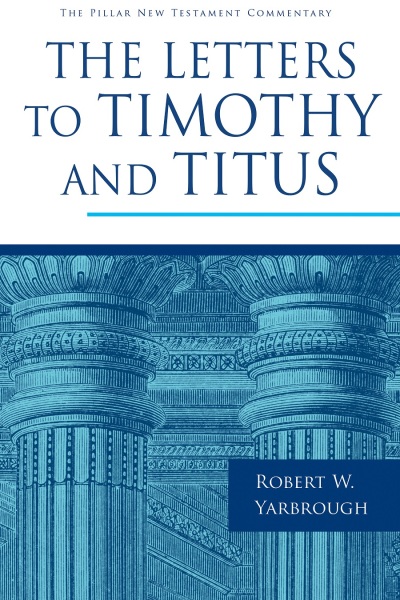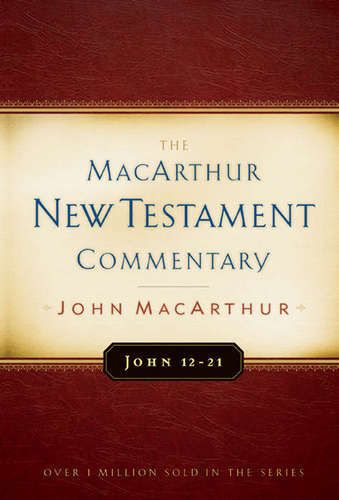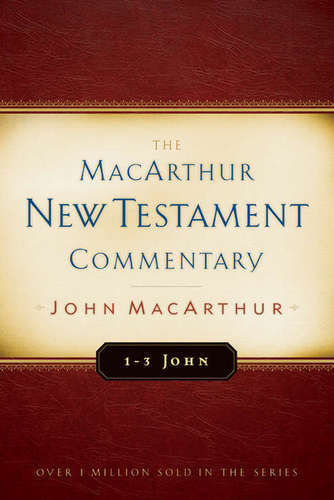

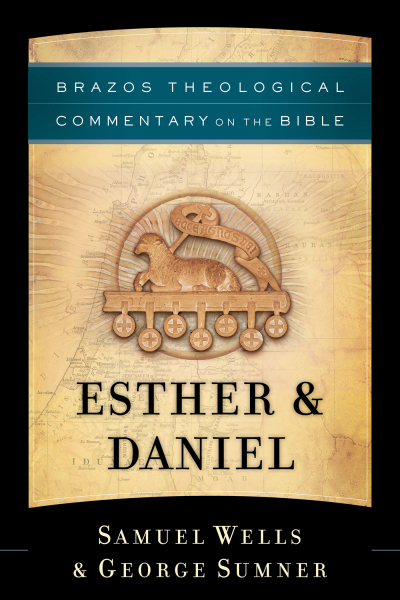
Brazos Theological Commentary: Esther & Daniel (BTC)

Brazos Theological Commentary: Esther & Daniel (BTC)
In this addition to the acclaimed series, two respected scholars offer a theological exegesis of Esther and Daniel. As with other volumes in the series, this book is ideal for those called to ministry, serving as a rich resource for preachers, teachers, students, and study groups.
The Brazos Theological Commentary on the Bible advances the assumption that the Nicene creedal tradition, in all its diversity, provides the proper basis for the interpretation of the Bible as Christian scripture. The series encourages readers to extend the vital roots of the ancient Christian tradition to our day.
Brazos enlists leading theologians to read and interpret Scripture for today, just as the church fathers, the Reformers, and other orthodox Christians did for their times and places. Each volume is designed to serve the church—providing a rich resource for preachers, teachers, students, and study groups—and demonstrate the continuing intellectual and practical viability of theological interpretation of Scripture.
Endorsements
"A fascinating conversation between two books that capture opposite aspects of the life of faith emerges in this volume of the Brazos Theological Commentary. In Esther, God seems to disappear from history, leaving the faithful to their own desperate devices. And in Daniel we read about God breaking into the chaos of history. Imaginatively and convincingly, Wells and Sumner show the theological, ethical, and even missional importance of these 'outlier' books within the Christian canon. Powerfully written, this book is designed to stimulate serious conversation in the church." - Ellen F. Davis, Amos Ragan Kearns Distinguished Professor of Bible and Practical Theology, Duke Divinity School
"This volume in the Brazos Theological Commentary series shows two keen theological imaginations interacting with two challenging books of the Bible. Wells and Sumner offer readings of Esther and Daniel that display their insights as careful, thoughtful readers, while also revealing their roles as contemporary tradents passing on insights from their historic predecessors to their contemporary community. Preachers, students, and scholars who care about the possibility of responsible theological interpretation--especially with regard to the relation of Jewish and Christian readings of biblical books--will find much of great value here." - A. K. M. Adam, tutor in New Testament and Greek, St. Stephen's House, University of Glasgow
"Here is a form of biblical interpretation the church should never have forgotten. Wells and Sumner read not uncritically, not even postcritically, but with a form of criticism born of cross and resurrection. And just so, they remind us how beautiful are the books of Esther and Daniel." - Jason Byassee, Butler Chair in Homiletics and Biblical Hermeneutics, Vancouver School of Theology
Samuel Wells (PhD, University of Durham) is vicar of St. Martin-in-the-Fields Anglican Church at Trafalgar Square in London and visiting professor of Christian ethics at King's College. He previously served as dean of the chapel and research professor of Christian ethics at Duke University. Wells is the author or coauthor of numerous books, including Be Not Afraid and Transforming Fate into Destiny: The Theological Ethics of Stanley Hauerwas. He also coedited, with Stanley Hauerwas, The Blackwell Companion to Christian Ethics.
George Sumner (PhD, Yale University) is bishop of the Episcopal Diocese of Dallas. He previously served as principal and Helliwell Professor of World Mission at Wycliffe College, University of Toronto, and has served in various pastoral roles.
